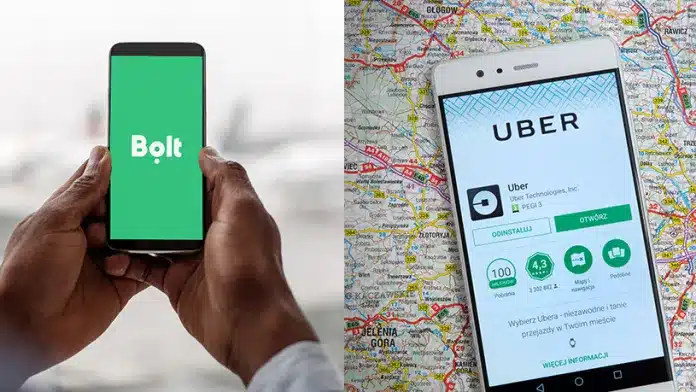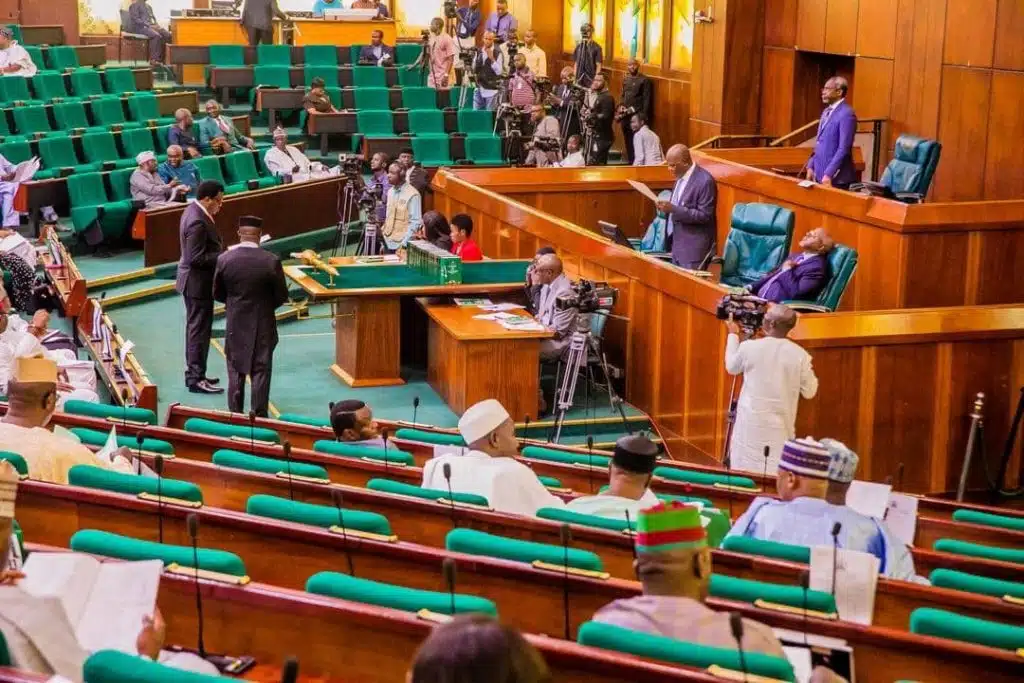- Uber and Bolt are concerned that the proposed 6% Significant Economic Presence (SEP) Tax in the Finance Bill 2024, if passed, will impede their operations in Kenya, potentially forcing the ride-hailing apps to leave.
- Both ride-hailing companies in Kenya presented their analysis and dissatisfaction to the National Assembly’s Finance and Planning Committees.
- The SEP Tax is argued to disregard operating costs, potentially resulting in losses, and should be repealed. It’s a model for taxing income generated by multinational corporations with a significant economic presence in Kenya, including digital firms.
Kenya’s Finance Bill 2024 proposes eliminating the Digital Service Tax and instituting the SEP Tax at 30% of the deemed taxable profit. According to the document, “the tax will be payable by a non-resident person whose income from the provision of services is derived from or accrued in Kenya through a business carried on over a digital marketplace.”
In response to the proposal, George Abasy, Bolt’s public policy manager, stated that introducing the 6% SEP Tax would result in an effective rate of 22% on gross turnover for a non-resident in the digital market space, excluding operating costs.
Furthermore, the policy manager pointed out that non-resident businesses already pay Value Added Tax and Digital Service Tax.
Celia Kuria, Bolt’s tax manager, also stated that with the tax reviews, earnings from taxi rides costing less than KES 500 would result in a net loss.
On the other hand, Chizeba Nnonyeh, Uber’s tax manager, highlighted that “SEP, as proposed, does not indicate how a non-resident person will be deemed to have created a significant economic presence in Kenya, therefore becoming liable to tax in Kenya.” Suggesting that it should be scrapped.
The bill also proposes taxing the income of a resident or nonresident who owns or operates a digital marketplace or platform and makes or facilitates payments for digital content monetisation, goods, property, or services.
Furthermore, amendments to the Bill would levy a value-added tax (VAT) on electric bikes, buses, solar and lithium-ion batteries, raising concerns among unions such as the Nairobi-based Associated Battery Manufacturers (ABM). They are concerned that it will increase costs and stymie the growth of Kenya’s electric vehicle sector, which has begun to expand and attract investment.
While there are many concerns about the Kenya Finance Bill 2024 proposals, President William Ruto sees them as a way to improve the country’s tax environment and pay down its debt.










